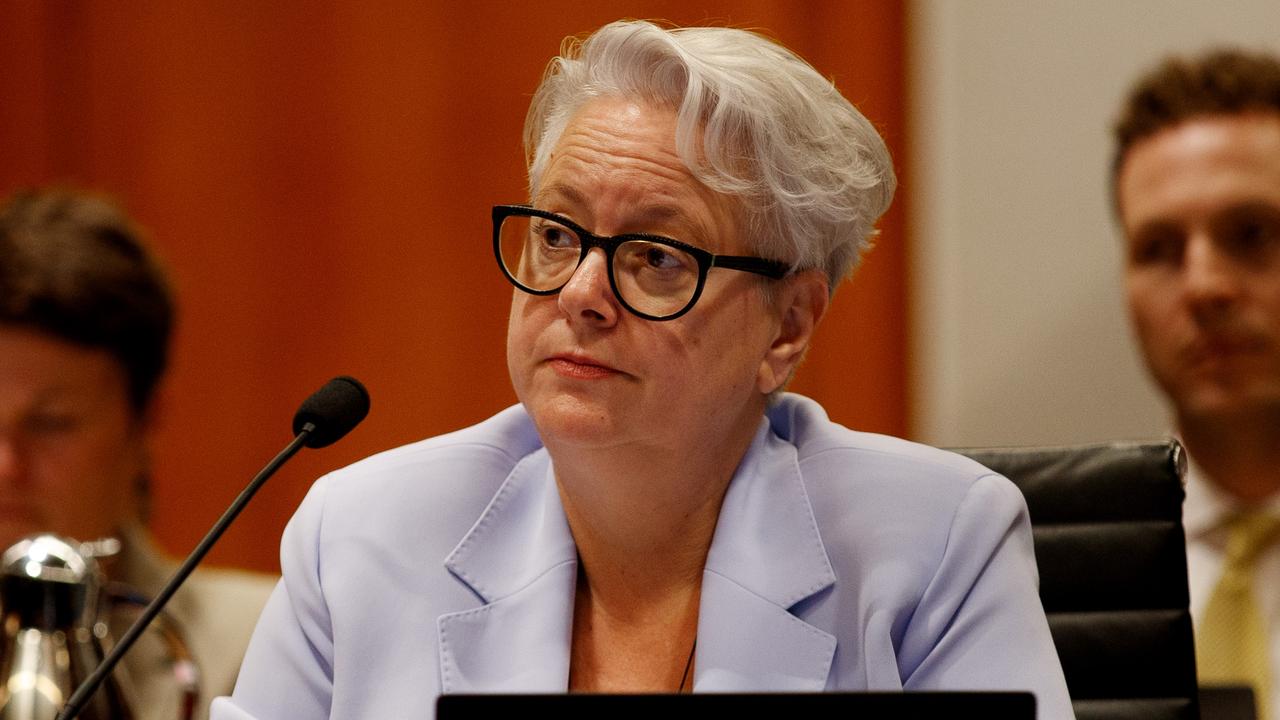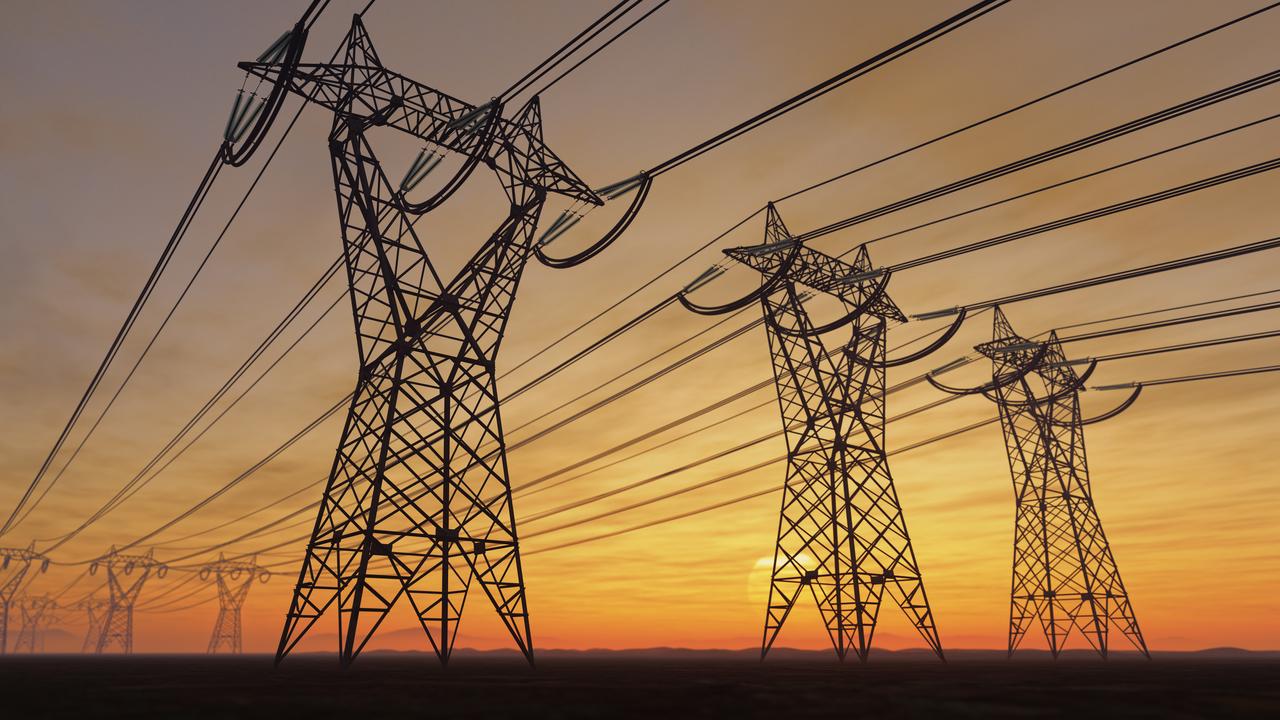More mental health support for farmers in transmission line land stoush
The Energy Minister has flagged more support for struggling farmers forced by the government into land acquisitions over the build of new transmission lines.
The NSW Energy Minister Penny Sharpe has confirmed incoming additional mental health support measures for NSW farmers involved in tense land acquisitions to build power lines on properties.
During budget estimates on Thursday, the minister was asked about a community survey of 100 landholders in the Central West Orana Renewable Energy Zone (CWO REZ), where 66 of respondents said they had been suffering symptoms of anxiety since the announcement of the zone.
Mental health concerns of increased stress (68 respondents), low mood (48 respondents), and sleeplessness (57 respondents) were also widely reported by those surveyed.

While Ms Sharpe said she had not seen the survey results directly, she confirmed a pending announcement into extra mental health provisions offered to landholders.
“This is not a matter that people are taking lightly, it’s a matter that I personally am taking very seriously and we are going to be providing additional support for landholders in relation to that,” she said.
Currently people affected by the acquisitions are able to access to psychologists and social workers through a 24-hour Property Acquisition Support Line.
Some people may also be eligible for five free face-to-face or phone counselling sessions.
Presenting the results, Liberal Democrat MP John Ruddick said he had spoken to several landholders who had shared similar concerns.
“I have absolutely no doubt this accurately reflects the stress that a lot of farmers are experiencing,” he said.
“I speak to these landholders and there is a lot of stress, there is family breakdown … and even about 5 per cent of people said they were having suicidal tendencies.”

While landholders will be compensated where land is required for government-owned EnergyCo to build transmission lines, Nationals MP Wes Fang said land holders in the CWO region believed they were being unfairly compensated compared to communities subjected to acquisitions for projects.
Ms Sharpe rejected claims landholders were being subjected to “bullying behaviours,” and said 81 per cent of landholders in the area had come to a negotiated agreement with Energy Co.
“The process is largely working for most people. There are definitely some issues and I heard those very clearly … we’ve been working through some of those issues and we will continue to do so,” she said.
The government is currently also conducting a review into the how landholders subject to compulsory acquisition are being compensated, and processes around negotiations, as stated in the Land Acquisition (Just Terms Compensation) Act.
Previously Treasurer Daniel Mookhey has expressed criticisms of the act not being “fit for the purpose of dealing with energy transition issues”.



